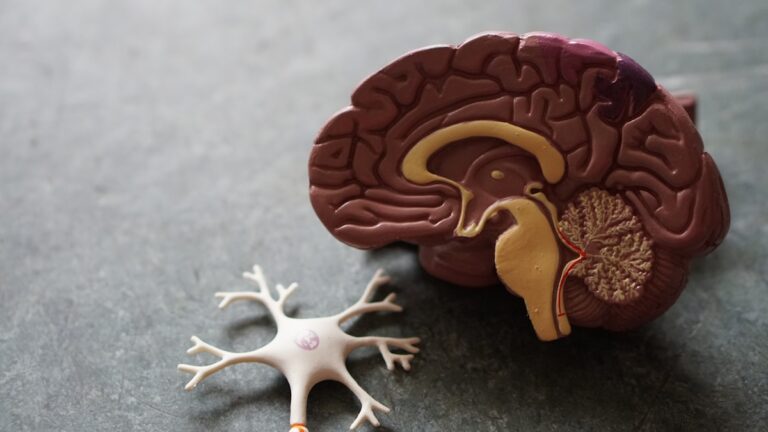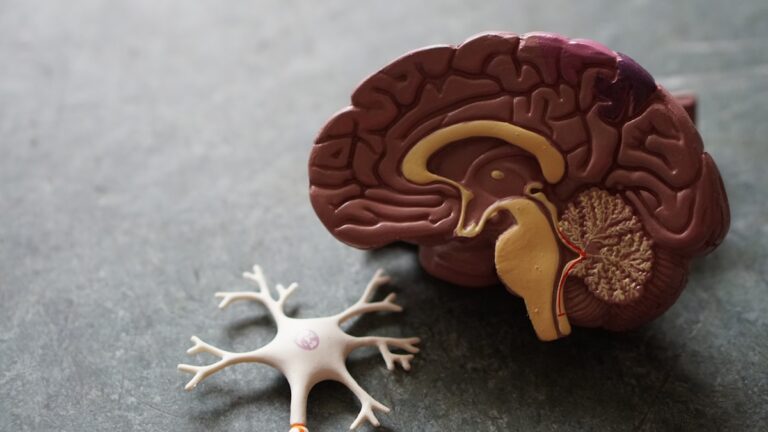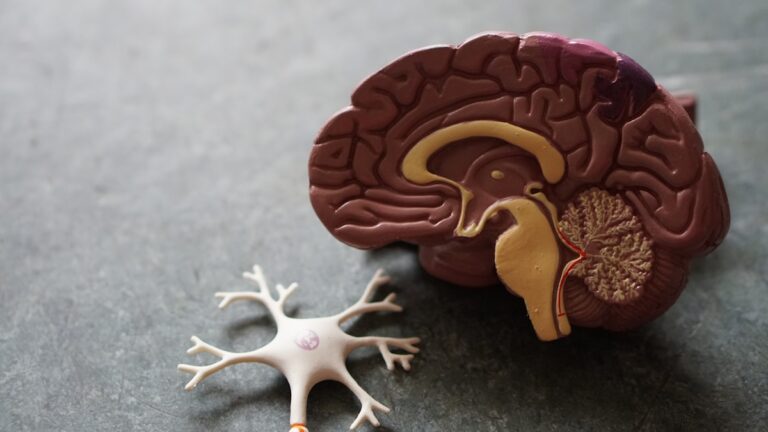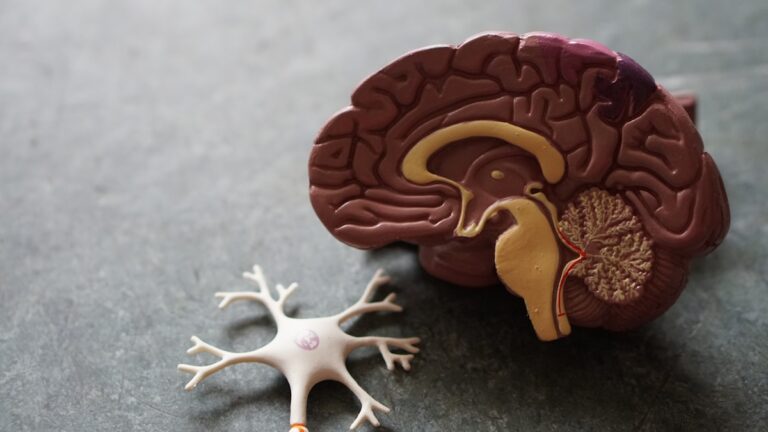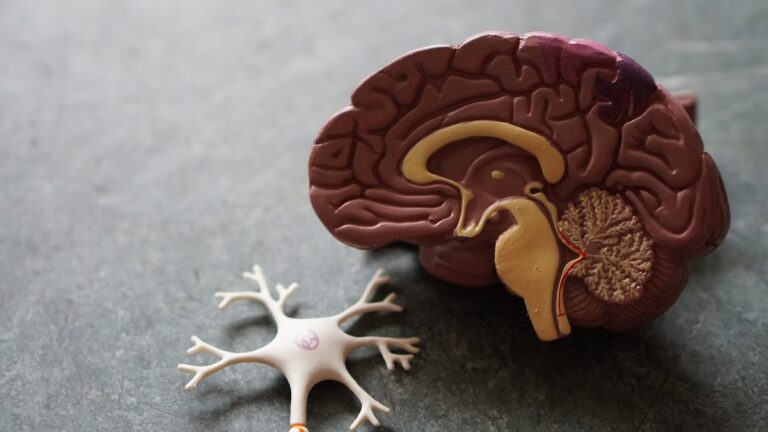Memory loss is a common concern, especially as we age. We worry about forgetting important details, misplacing items, or not being able to recall a cherished memory. But what if I told you that you could be unknowingly contributing to memory loss through your diet?
It may sound shocking, but research has shown that what we eat can have a significant impact on our brain health and memory. Our brains require a complex balance of nutrients to function properly, and when we don’t give it the right fuel, it can affect our memory and cognitive abilities.
So, could you be eating your way to memory loss? Let’s take a closer look at how our diet can affect our brain health and what changes we can make to improve our memory.
The Brain and Nutrition
Our brains are the control center of our body, responsible for all our bodily functions and movements. It is also where our memories are stored and processed. To do all this, the brain needs energy in the form of glucose, which is derived from the food we eat.
However, not all foods are created equal when it comes to providing the brain with the necessary nutrients. A diet high in processed foods, unhealthy fats, and added sugars can lead to inflammation and oxidative stress in the brain. These conditions can damage brain cells and disrupt communication between neurons, leading to memory loss and other cognitive impairments.
On the other hand, a diet rich in whole foods, healthy fats, and antioxidants can promote brain health and help maintain memory function. Let’s dive into some specific foods that could be detrimental to our memory and others that can support it.
Foods That Could be Contributing to Memory Loss
1. Processed Foods
Processed foods are those that have been altered from their natural state and often contain added sugars, unhealthy fats, and preservatives. These foods lack vital nutrients and can cause inflammation in the body, including the brain. Studies have linked a diet high in processed foods to memory loss, as well as an increased risk of dementia and Alzheimer’s disease.
2. Added Sugars
Added sugars, such as those found in soda, candy, and desserts, can lead to inflammation and oxidative stress in the brain. They also provide empty calories without any nutritional value, which can contribute to weight gain and other health issues. A study has shown that a high intake of added sugars can impair memory and learning abilities.
3. Unhealthy Fats
Trans fats and saturated fats, often found in fried foods and processed snacks, can cause inflammation and damage to brain cells. They can also lead to the buildup of plaques in the brain, which has been linked to memory loss and cognitive decline.
Foods That Can Support Memory
1. Fatty Fish
Fatty fish like salmon, tuna, and sardines are rich in omega-3 fatty acids, which are crucial for brain health. These fatty acids can help reduce inflammation in the brain and improve communication between neurons, leading to better memory function.
2. Berries
Berries, such as blueberries, strawberries, and blackberries, are packed with antioxidants that can protect brain cells from damage. They also contain flavonoids that have been shown to improve memory and cognitive function.
3. Leafy Greens
Leafy greens like spinach, kale, and broccoli are rich in vitamins and minerals that are essential for brain health. These include vitamin K, folate, and magnesium, which have been linked to improved memory and cognitive function.
4. Nuts and Seeds
Nuts and seeds are excellent sources of healthy fats, protein, and antioxidants that can support brain health. They also contain vitamin E, which has been linked to a reduced risk of cognitive decline and Alzheimer’s disease.
Making Changes for Better Brain Health
Now that we know which foods could be contributing to memory loss and which ones can support our brain health let’s talk about making changes to our diet.
Firstly, it is essential to limit our intake of processed foods, added sugars, and unhealthy fats. These foods not only contribute to memory loss but also have negative effects on our overall health. Instead, focus on incorporating more whole, nutrient-dense foods into your diet.
Try to include fatty fish, berries, leafy greens, nuts, and seeds in your meals and snacks. These foods can provide the brain with the necessary nutrients it needs to function optimally and support memory function.
In addition to eating a brain-healthy diet, staying physically active and getting enough quality sleep can also support brain health and improve memory. Regular exercise increases blood flow to the brain, promoting the growth of new brain cells and connections. Adequate sleep is also crucial for memory consolidation and cognitive function.
In conclusion, what we eat plays a significant role in our brain health and memory function. A diet high in processed foods, added sugars, and unhealthy fats can contribute to memory loss and other cognitive impairments. On the other hand, incorporating whole foods rich in essential nutrients can support our brain health and help maintain our memory function. By making small changes to our diet and lifestyle, we can eat our way to better memory health.

